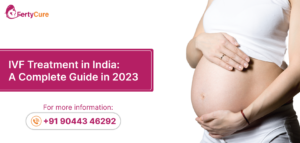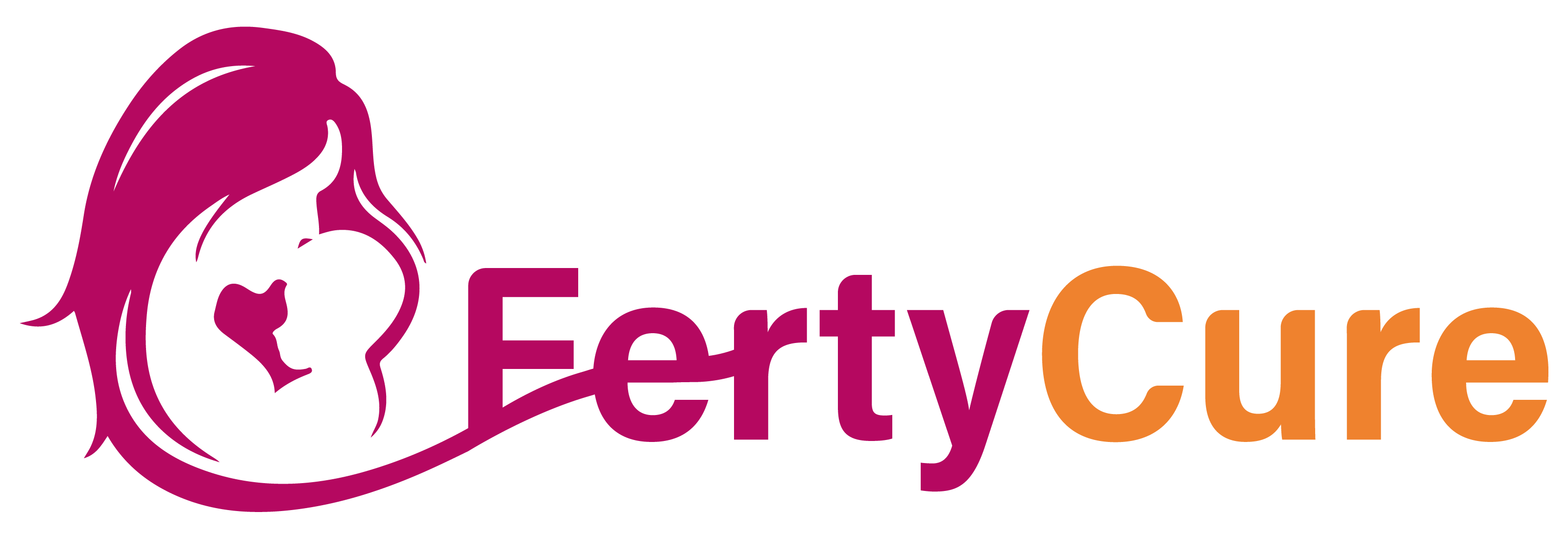Table of Contents
Introduction

Polycystic Ovary Syndrome is a prevalent hormonal condition that impacts women during their reproductive years. The disorder manifests through a diverse array of symptoms, which can vary in intensity from one individual to another. it can lead to various health complications and challenges, but with proper understanding and management, women with PCOS can lead fulfilling lives. In this article, we will delve into PCOS signs, causes of PCOS, its treatment, and ways to manage and alleviate its impact on daily life.
What is PCOS?
It is a complex hormonal disorder that affects the ovaries, leading to an imbalance in sex hormones. Women with PCOS may have enlarged ovaries containing small cysts on the outer edges. These cysts are not harmful but can lead to hormone imbalances, causing a range of symptoms.
What are the symptoms of PCOS
1. Irregular Menstrual Cycles
One of the primary signs of PCOS is irregular menstrual cycles. Women with PCOS may experience infrequent, prolonged, or absent periods due to hormonal imbalances affecting ovulation.
2. Excessive Hair Growth
Excess hair growth, known as hirsutism, is yet another prevalent sign frequently associated with it.
3. Acne and Oily Skin
Elevated androgens can also lead to acne and oily skin. Women with it may experience persistent breakouts and a shiny appearance to the skin.
4. Weight Gain
Weight gain or difficulty losing weight is often observed in women with PCOS. Hormonal imbalances can contribute to insulin resistance, making it easier to gain weight and harder to lose it.
5. Fatigue and Low Energy
it can cause fatigue and low energy levels due to hormonal fluctuations and disrupted sleep patterns.
Diagnosing PCOS
Diagnosing it requires a comprehensive evaluation of the patient’s medical history, physical symptoms, and various diagnostic tests. These tests may include:
1. Hormone Level Testing
Measuring hormone levels, including androgens, estrogen, and progesterone, can help identify hormonal imbalances.
2. Pelvic Ultrasound
A pelvic ultrasound is used to examine the ovaries and check for the presence of cysts.
3. Glucose Tolerance Test
To assess insulin resistance, a glucose tolerance test may be conducted to monitor blood sugar levels.
4. Androgen Excess and PCOS Society Criteria
The Androgen Excess and PCOS Society Criteria are clinical guidelines used by medical professionals to diagnose it based on specific symptoms and test results.
Managing PCOS
While there is no cure for it, several lifestyle changes and medical interventions can effectively manage its symptoms and improve overall health.
1. Healthy Diet
A balanced diet rich in whole grains, fruits, vegetables, lean proteins, and healthy fats can help manage weight and improve insulin sensitivity.
2. Regular Exercise
Engaging in regular physical activity can aid in weight management and reduce insulin resistance.
3. Medications
The use of contraceptive pills can effectively aid in the regulation of menstrual cycles and the reduction of androgen levels.
4. Fertility Treatments
For women trying to conceive, fertility treatments such as ovulation induction and in vitro fertilization (IVF) can be considered.
Coping with PCOS
Dealing with it can be emotionally challenging, but there are ways to cope with the condition and maintain a positive outlook.
1. Education and Support
and connecting with support groups can provide valuable information and emotional support.
2. Stress Management
Practicing stress-reduction techniques such as mindfulness, yoga, or meditation can help manage the emotional toll of PCOS.
3. Regular Check-ups
Regular visits to healthcare providers can ensure that it is effectively managed and any potential complications are addressed promptly.
Conclusion
PCOS stands as an intricate hormonal condition with a global impact, affecting numerous women across the world. Understanding its symptoms, diagnosis, and management strategies is crucial for women with it to lead healthy lives. By adopting a healthy lifestyle, seeking medical advice, and finding emotional support, women with it can successfully navigate the challenges posed by this condition and embrace a fulfilling life.
FAQs
1. Is PCOS curable?
No, the Treatment of PCOS is not available, but it can be managed effectively through lifestyle changes and medical interventions.
2. Can PCOS cause infertility?
Yes, it can lead to infertility due to irregular ovulation. However, with appropriate fertility treatments, many women with Polycystic Ovary Syndrome can conceive.
3. Can PCOS be diagnosed in adolescence?
Yes, it can be diagnosed in adolescence if a young woman exhibits the typical symptoms and meets the diagnostic criteria.
4. Does PCOS increase the risk of other health conditions?
Yes, women with it have a higher risk of developing type 2 diabetes, cardiovascular disease, and endometrial cancer if left untreated.
5. Can losing weight improve PCOS symptoms?
Yes, weight loss can improve its symptoms, as it helps reduce insulin resistance and hormonal imbalances.
